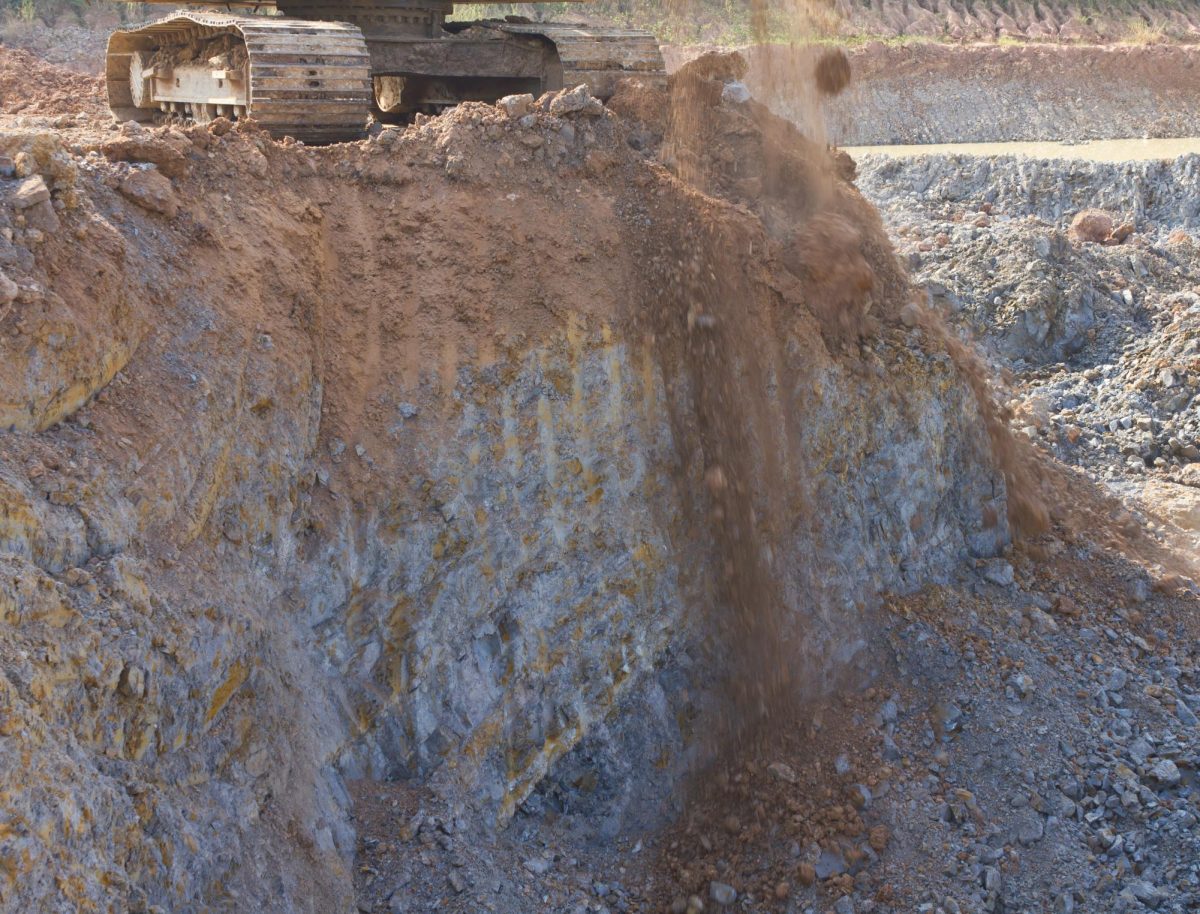Not too long ago, a video of an African man lighting himself on fire surfaced all over the platform TikTok.
The catalyst for this self-immolation was a last-ditch effort to bring social media awareness to the dire situation prevailing in the Democratic Republic of the Congo (DRC). The cause for this lies in the exploitation of the DRC for its vast cobalt reserves.
In 2014, a man began digging a pit into the red soil of his backyard with the intention of creating a new toilet. However, he instead struck heterogenite, an ore that can be polished into cobalt.
The DRC sits atop the most abundant cobalt excavations on the planet, an essential element for technological devices because it keeps batteries from catching on fire.
The West was quick to react and the demand for cobalt shot up, leading to the displacement of hundreds of thousands of people for mining concessions. A modern-day slavery situation developed in the DRC and has been powering phones, computers, and electric vehicles, and has left many working in subhuman conditions or dead.
This new discovery marked the beginning of the cobalt rush, and many Congolese people took up jobs working in the new mines.
However, the abysmal working conditions of these mines had little regulations, and what started out as an opportunity to make money became a pipeline into slavery.
As the rush intensified, children found themselves at the epicenter of this crisis, forced into hazardous labor with little regard for their well-being. They are often drugged to suppress hunger so they can work to their full capacity.
The mines have also acted as a trafficking network, with some children abducted by militias and forced to work there. The meager profits earned by these workers, often no more than one or two dollars, end up lining the pockets of these armed groups.
Environmental devastation is another byproduct of the bulldozing to make room for mines, contaminating water sources. Compounding this crisis is the toxicity of cobalt itself, exposing Congolese workers, including mothers with babies strapped to their backs, to severe health risks on a daily basis.
Africa has been deliberately weakened by Western governments for centuries, preventing unity and full utilization of their abundant resources. When Congolese President Patrick Lumumba made a pledge to only use the immense mineral riches in the DRC to aid its people, he was assassinated and dissolved in acid, replaced by a dictator.
In keeping African countries weak, their resources are easily taken advantage of.
The people of the DRC have yet to escape the recurring nightmare. The perpetuation of these atrocities is also sustained by the complacency of businesses that benefit from cobalt, reflecting a larger pattern of disregard for human rights in favor of material happiness.
Collective action is needed to aid the people of the DRC. The book “Cobalt Red” by Siddharth Kara explores these themes and is a great resource for information on the situation.
He said, “The sequence is undeniable—desire leads to suffering, suffering leads to anger, anger leads to violence, and violence destroys the world.”

